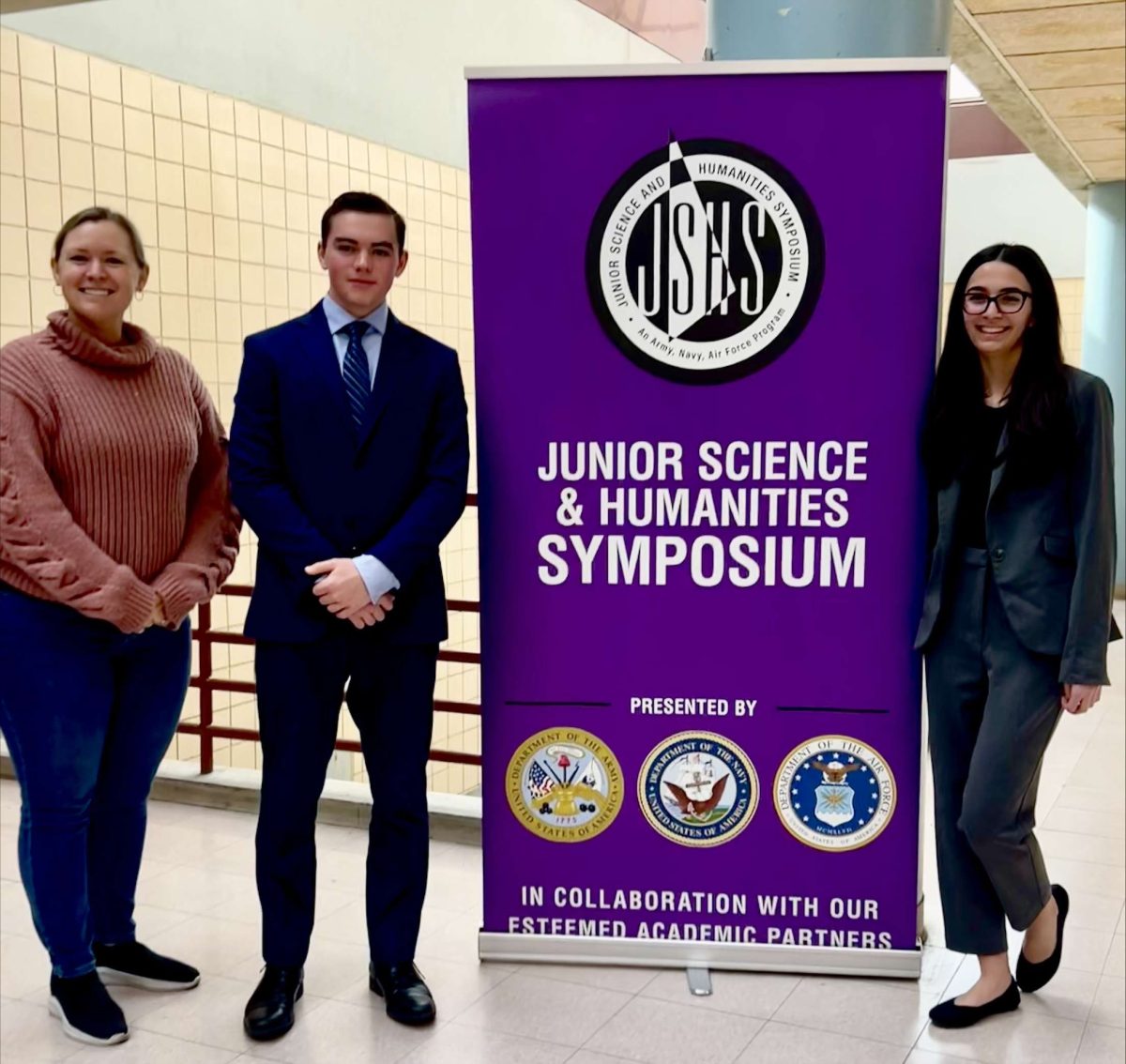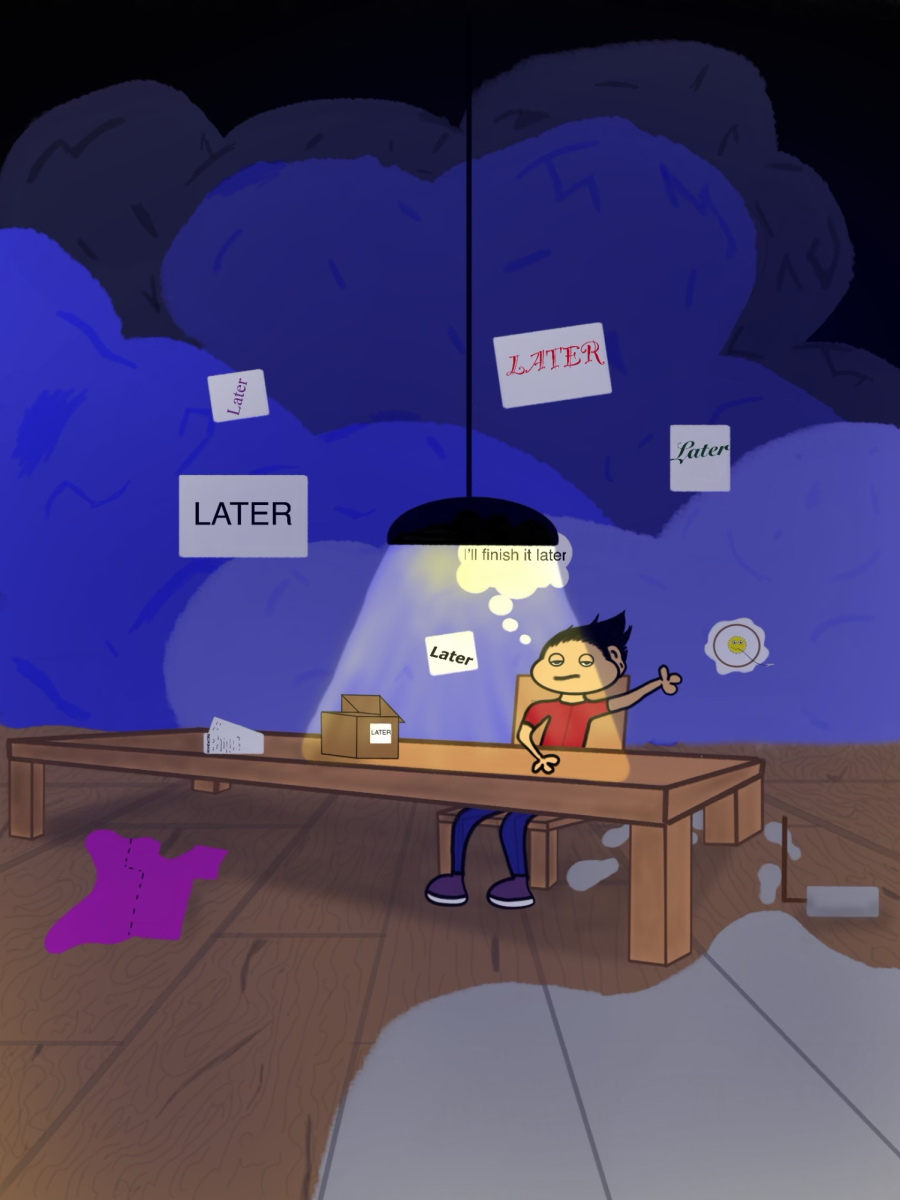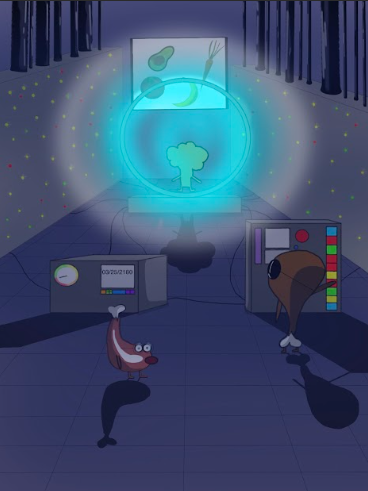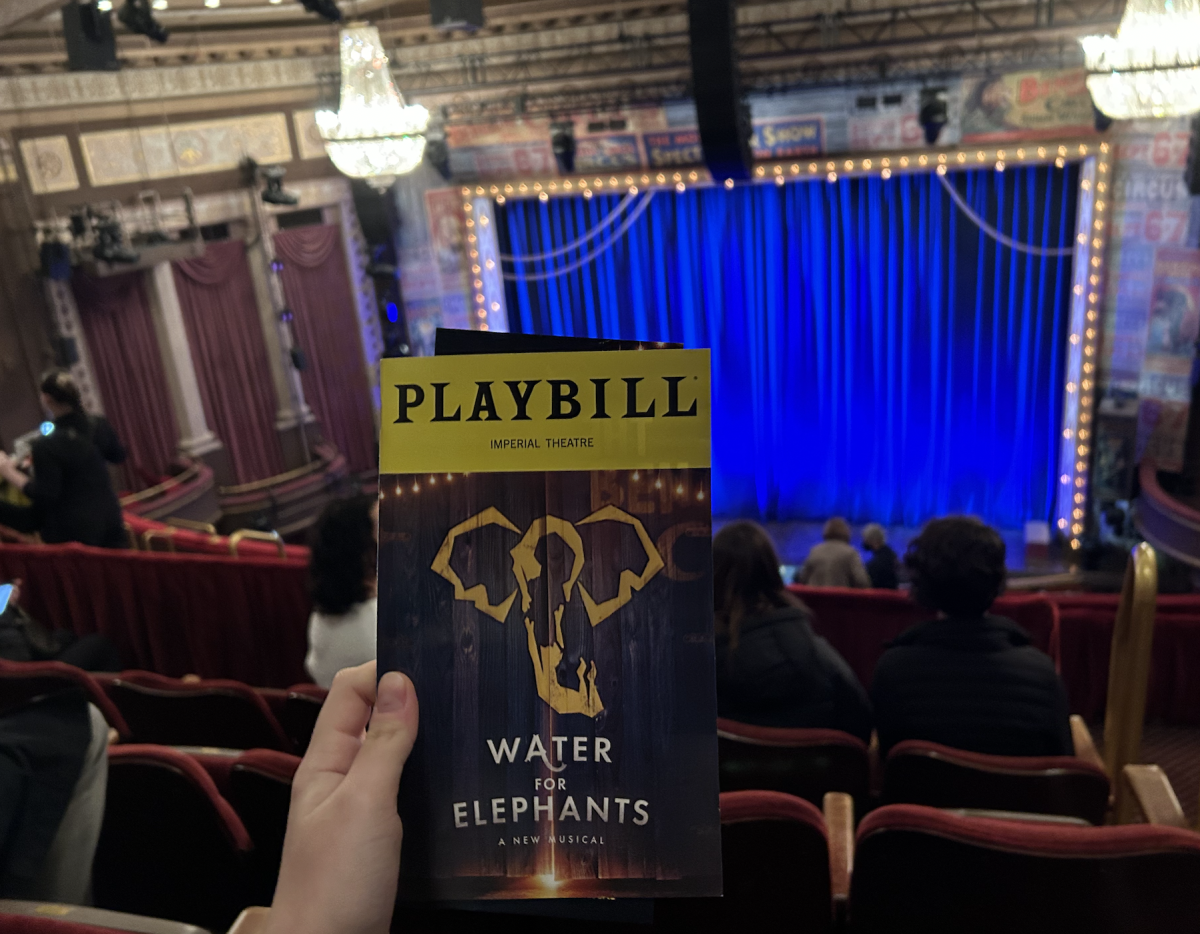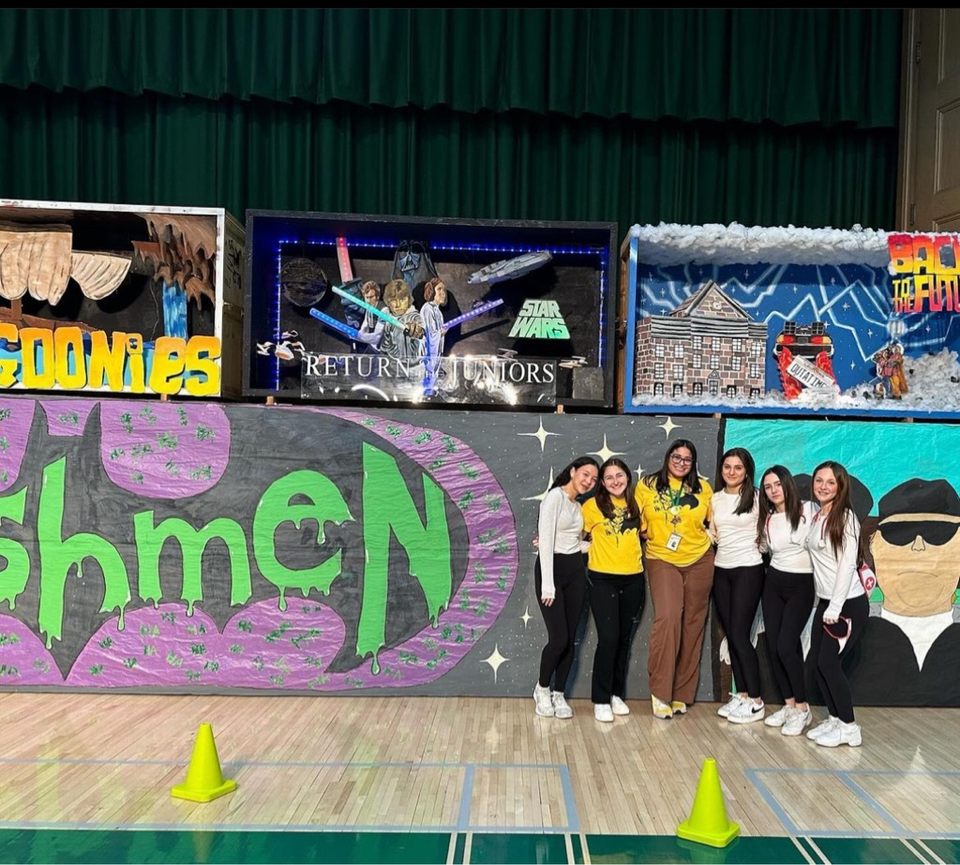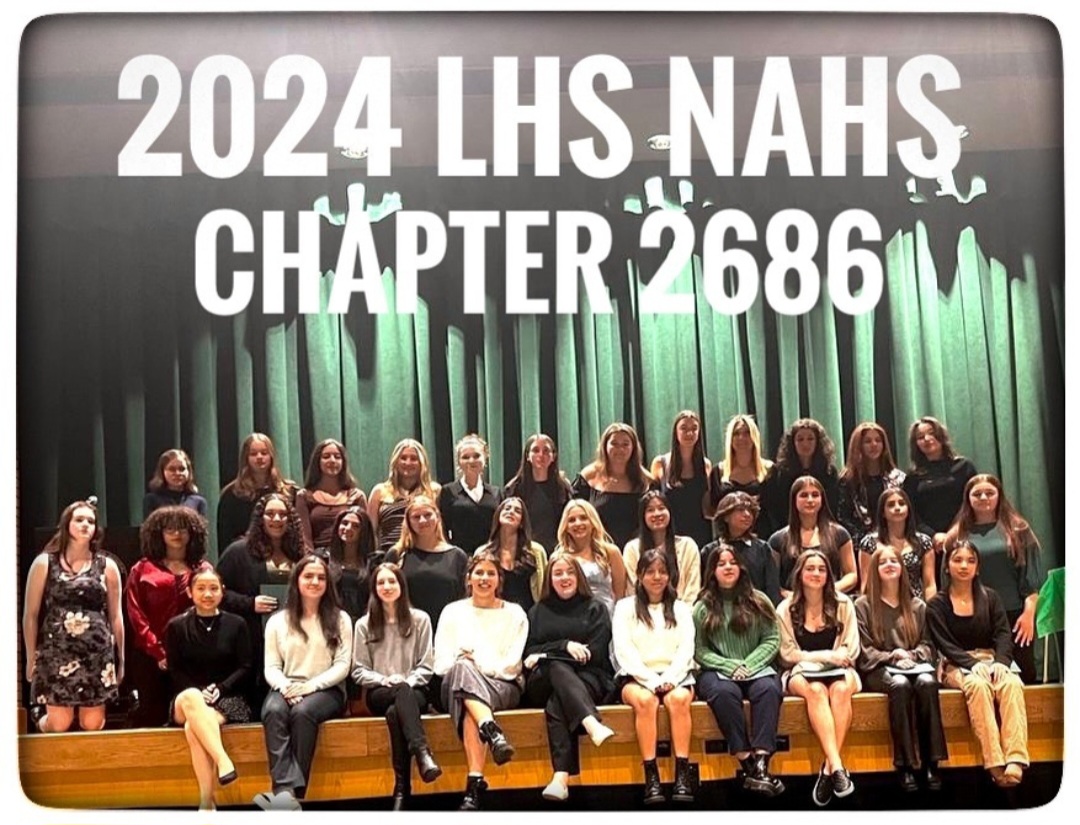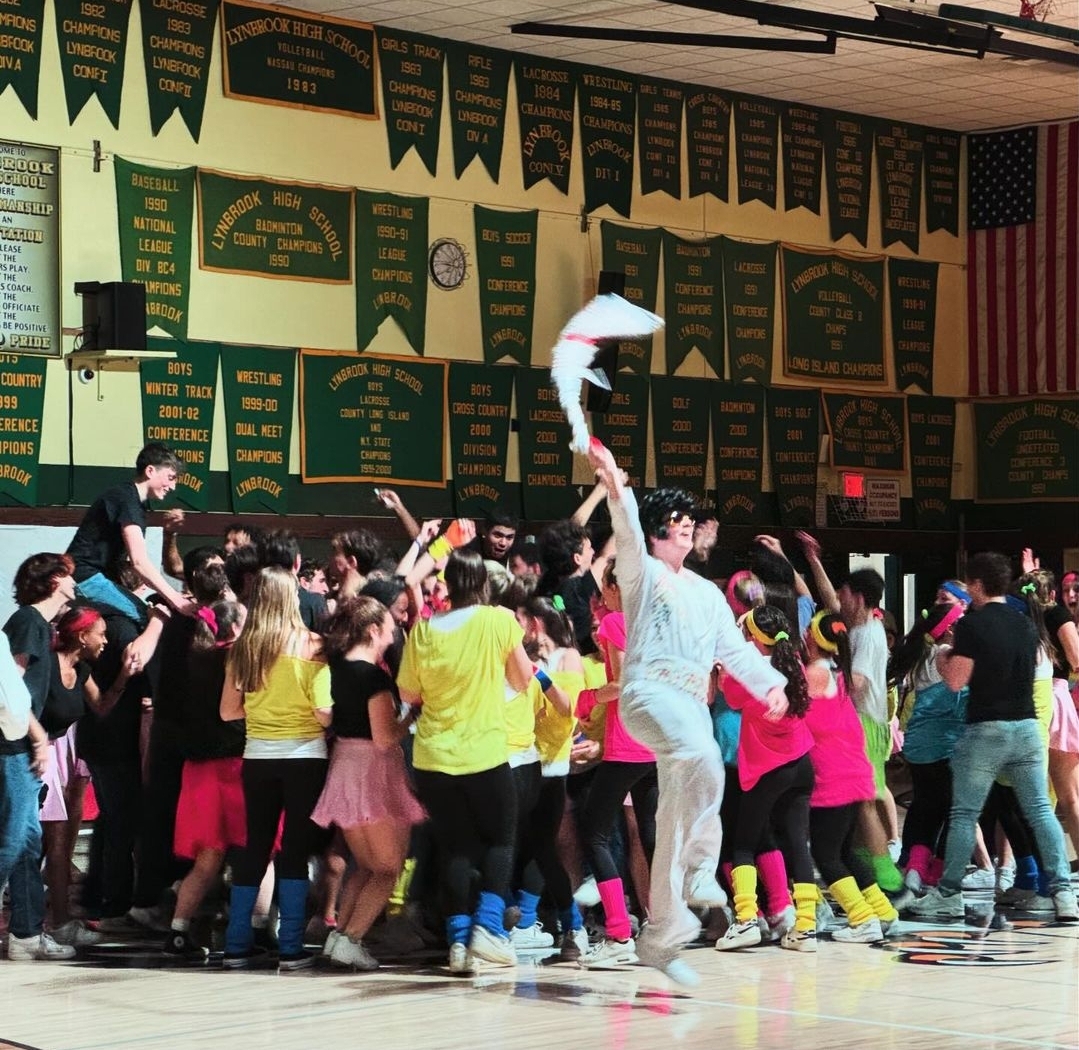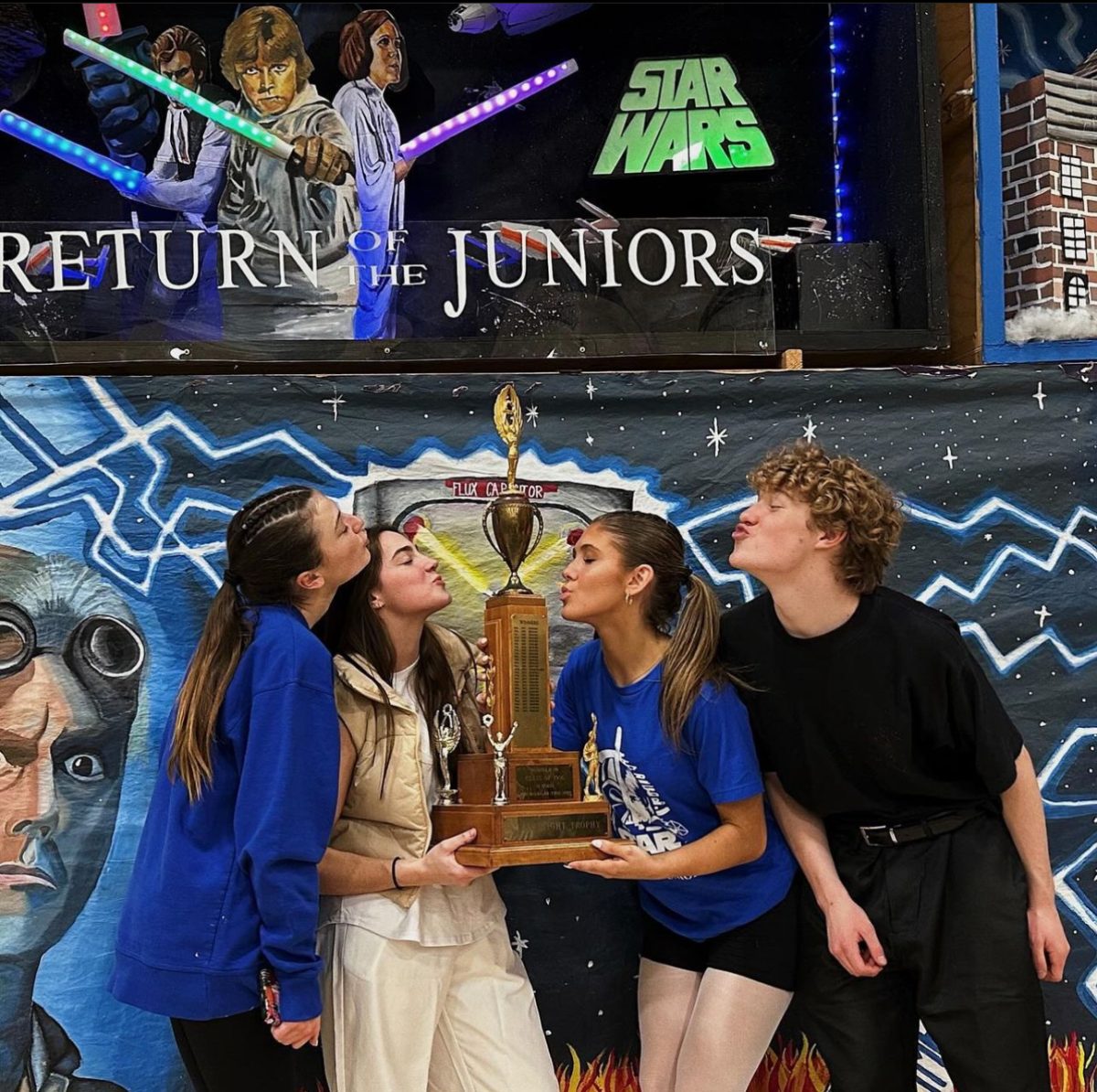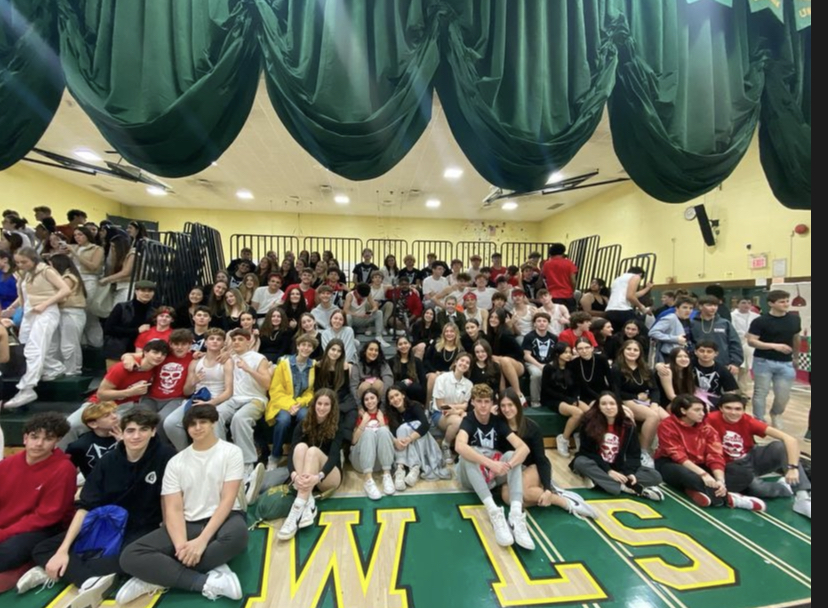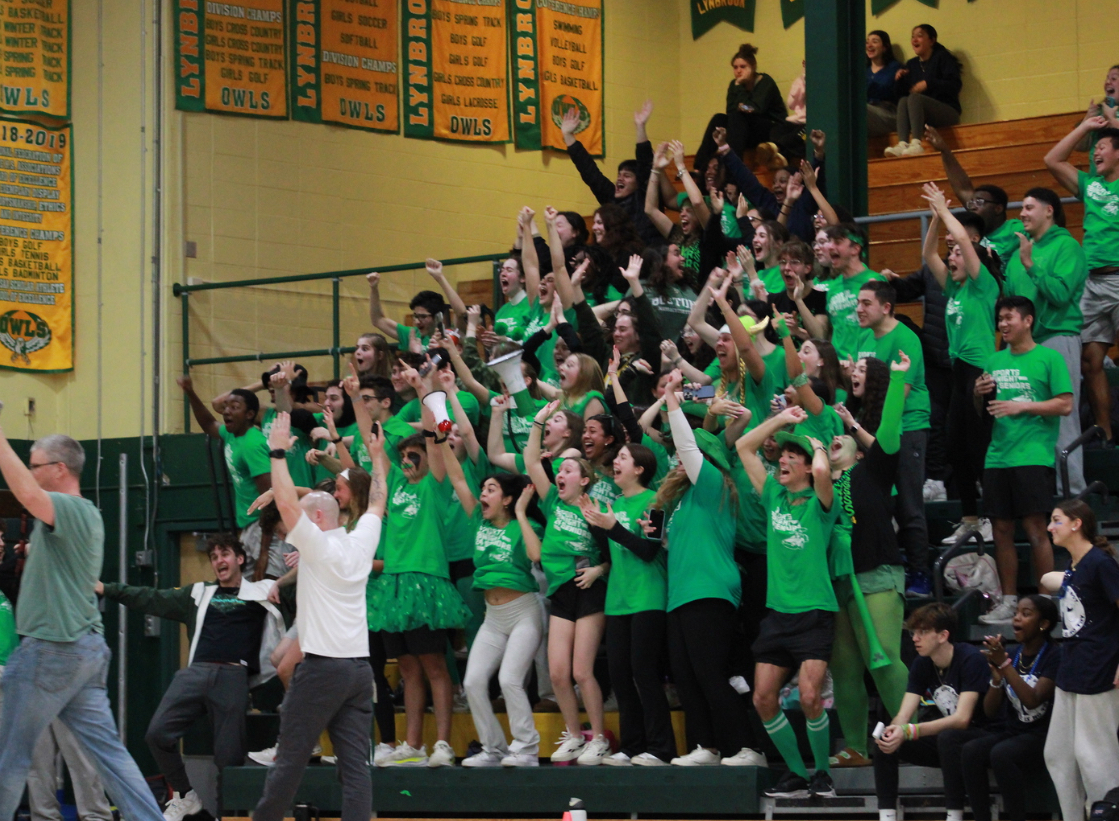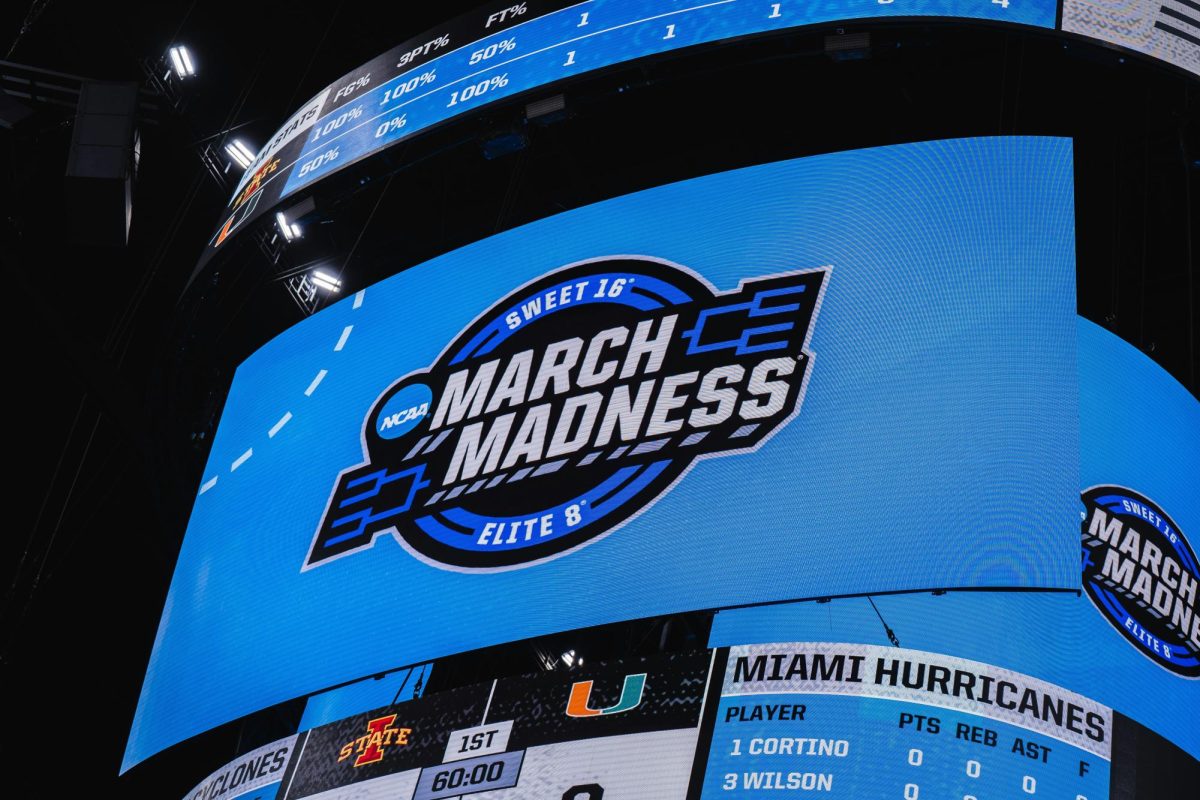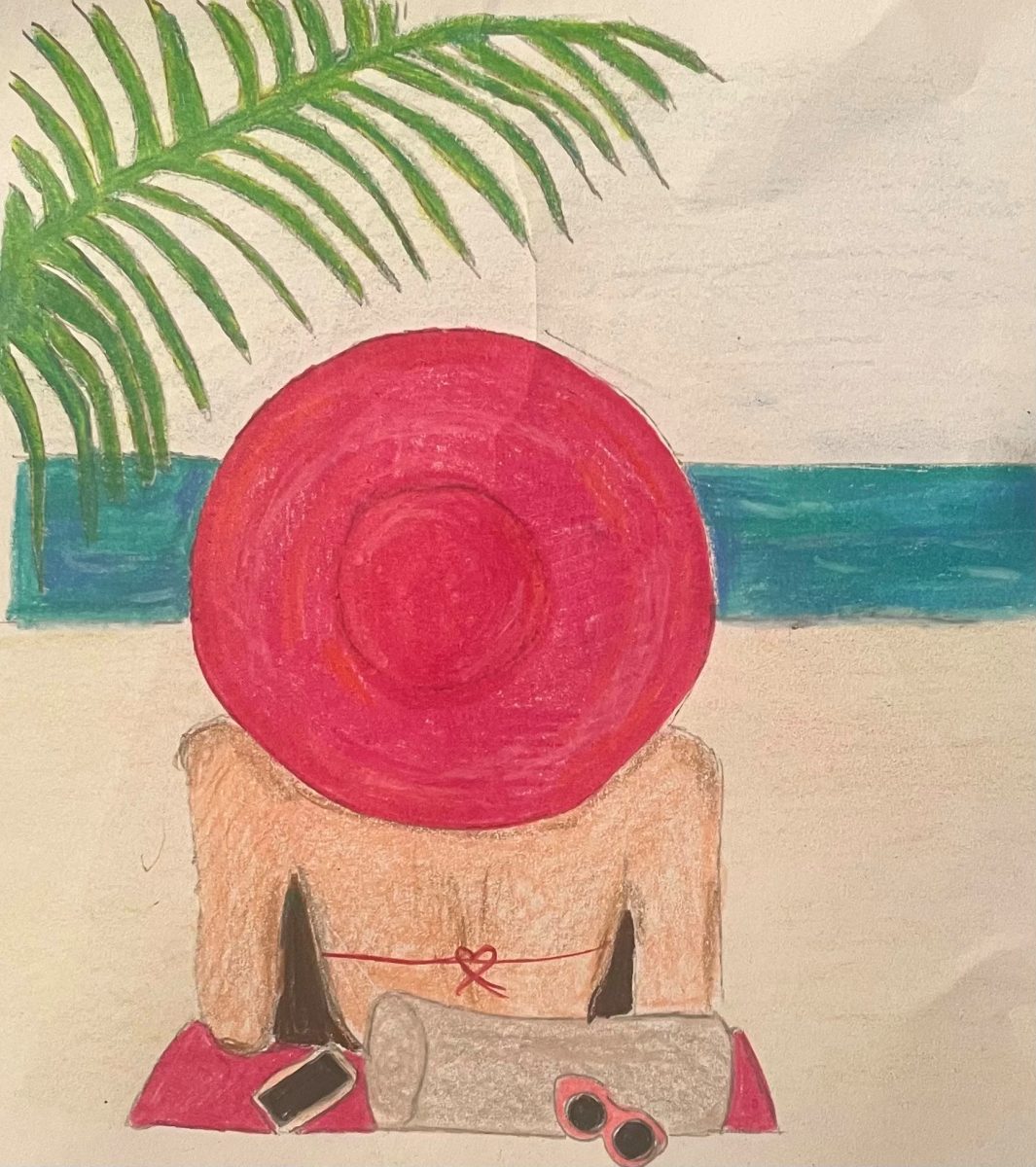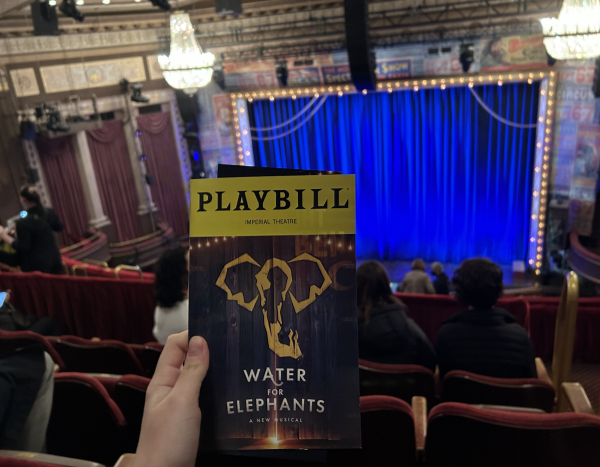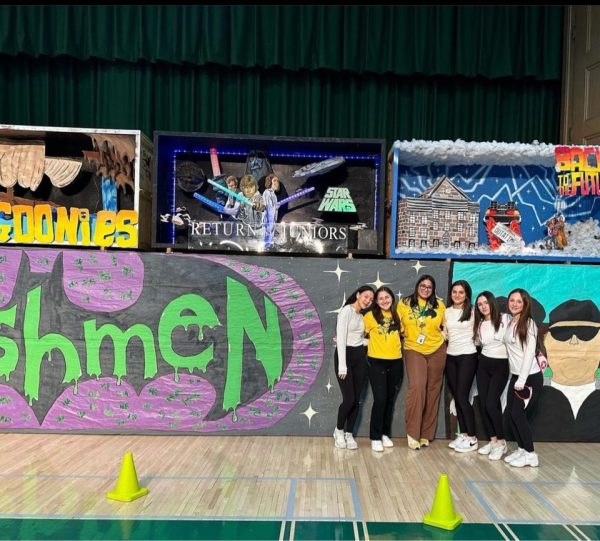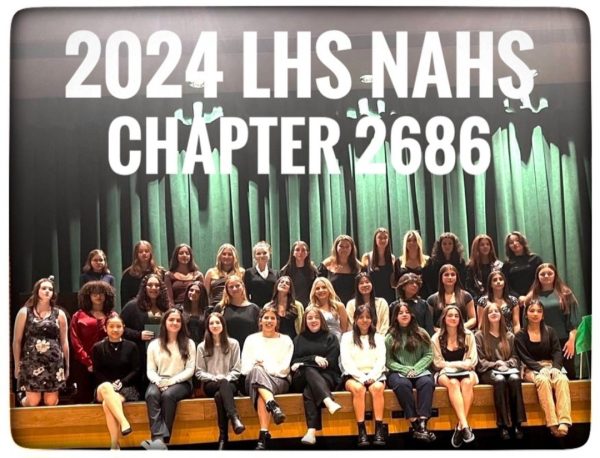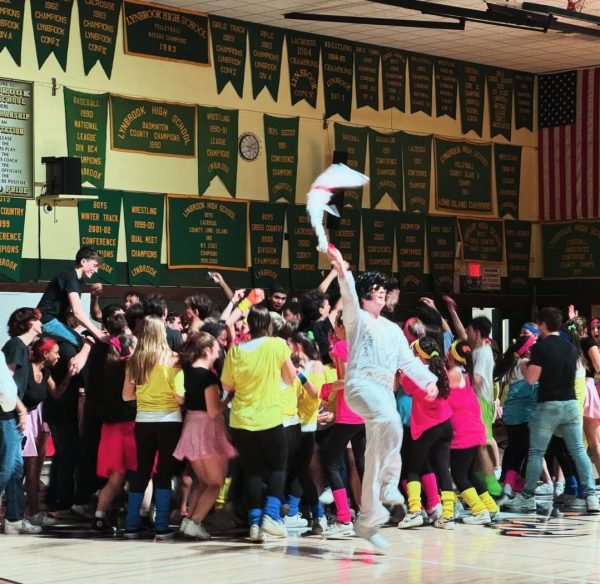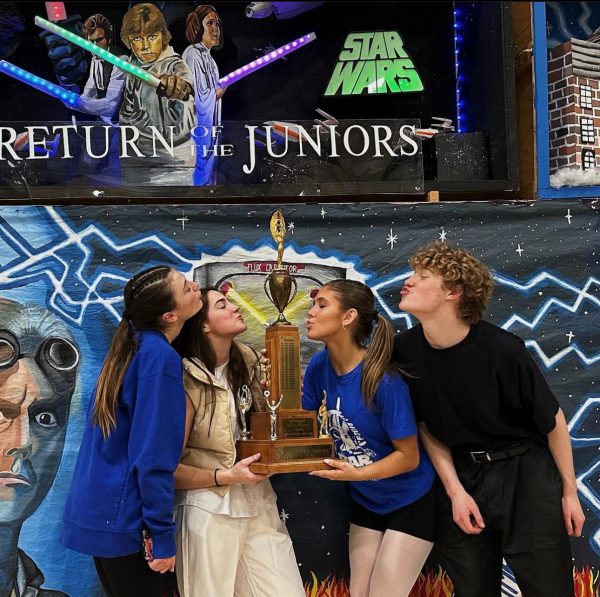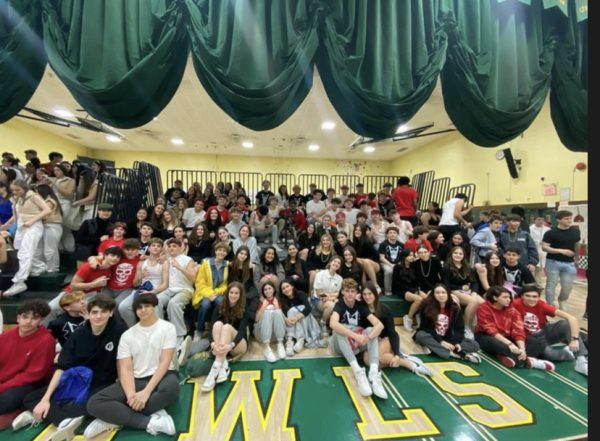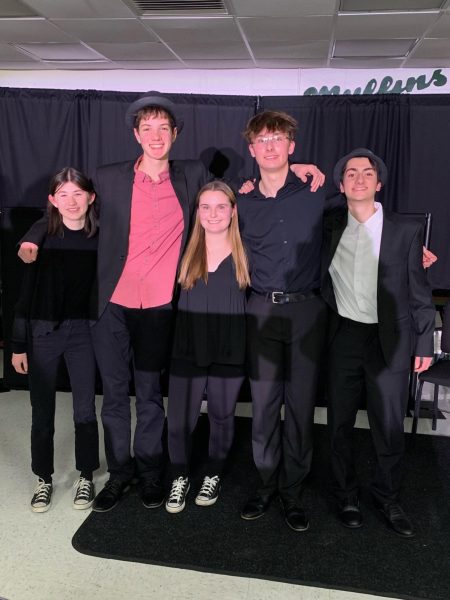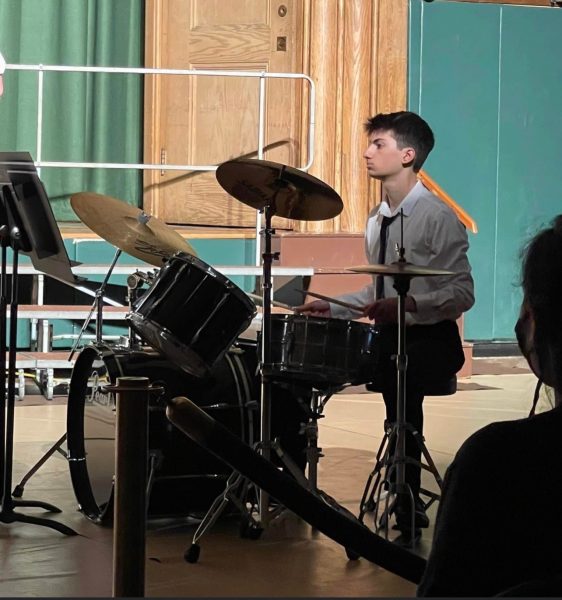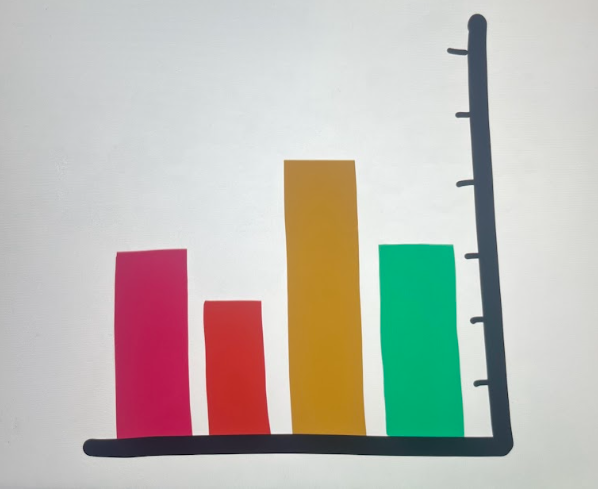Are Reboots the Death of Originality?
In July of 2019, millions of people flocked to movie theaters to see The Lion King – not the animated film from the ‘90s, but the live-action version. This is one of the more recent films to fall off of Disney’s nonstop conveyor belt of remakes and reboots. The Lion King (2019), perhaps more than any other Disney remake to date, was brimming with potential: Jon Favreau was directing; Donald Glover and Beyonce were cast as Simba and Nala, respectively; and the film would implement the most advanced motion-capture technology yet to be created. And yet, if people saw The Lion King, the film likely slipped out of their heads the second they left the theater. Nearly all reviews of this film, from both critics and audiences alike, gave it a resounding “meh,” agreeing there was little to love, little to hate, and even less to remember.
So was The Lion King, a fairly lifeless recreation of one of the most beloved children’s movies of all time, a failure? Probably not, considering it is currently the highest grossing Disney movie ever made. The Lion King raked in over $1 billion dollars at the box office, and it made millions upon millions more through merchandising and tie-ins. And this is not an outlier in the remake catalogue, either; 2017’s Beauty and the Beast, 2019’s Aladdin, and even the Tim Burton Alice in Wonderland remake from 2010 all made over $1 billion as well, with The Jungle Book and Cinderella not far behind.
There is little to no question as to why Disney is scouring its vaults for any and all animated films that can be repurposed into modern-day blockbusters; they are practically printing their own money with these remakes, consistently breaking box-office records with each release.
It is not just Disney to blame for the entertainment industry’s recent infatuation with the reanimation of long-dead properties. Look at any list of upcoming movies and TV shows, and it immediately becomes evident that we are in the age of the reboot. Twin Peaks, Veronica Mars, Saved By the Bell, iCarly, Arrested Development, One Day At a Time, and Will & Grace have all been rebooted for the modern age, with new seasons of Frasier, Dexter, Gossip Girl, Battlestar Galactica, and a Grease spinoff all slated to premiere in 2022. Just in the next month alone, West Side Story, Ghostbusters: Afterlife, and The Matrix: Resurrections are all premiering in theatres, all three of which are remakes or belated sequels to older films.
The reboot craze has even taken over the music industry, with bands like Guns ‘N’ Roses and Abba recently reuniting for the first time in years. While finding out a revival of a film or television series may have once sounded like a novel concept, now it just feels like inevitability.
It is important to note that not all of these reboots have been a disappointment; in fact, some have been excellent. Disney’s remake of The Jungle Book was a pleasant watch that managed to be more than a retread of the original’s story, the aforementioned Twin Peaks: The Return was hailed as one of the best shows of 2017 upon release, and Fargo, a TV-series adaptation of the 1996 Coen Brothers dark comedy, is one my favorite shows. But, the overwhelming majority of these rebooted films and tv shows just feel empty, relying on familiar faces and easy nostalgia to mask the inherent lack of originality present in the project.
If these reboots are so often dissatisfying, and so often regarded as such by fans, why are they so immensely popular? It is because the quality of the reboot itself does not matter; the moment one sees the name of said movie or tv show on a poster, they have practically already bought a ticket. It is not surprising The Lion King made millions upon millions of dollars in theaters because there are millions upon millions of fans of the original Lion King, a majority of whom will pay to see anything tied to the property, no matter the reviews. Even when the movie or show is nothing more than easy nostalgia, the nostalgia itself is enticing enough.
Reboots do not have to try to create anything new or exciting; all they really have to do is remind audiences of the original. They are not made to challenge viewers’ expectations or even match the quality of the initial property, because they do not have to. Why risk creating an original movie or tv show when the alternative is quicker, easier, and a guaranteed success? The world may look down on reboots, but they are practically a cheat code for movie studios around the globe.
While it is unclear to what degree reboots will impact the future, the reality is this: as much as viewers criticize the slow death of originality that seems to be plaguing the entertainment industry, will anyone not consider seeing Ghostbusters or West Side Story for this reason? Will anyone not watch at least an episode or two of the Grease tv show, if only to see how bad it is?
Like it or not, reboots are here to stay, because there will always be an audience ready to tune in. We all saw The Lion King, and chances are, we will be seeing it again in another 30 years.

I am a member of the Class of 2023, and I am the online editor-in-chief. Some of my passions include acting, making movies, and finishing a bag of Doritos...


